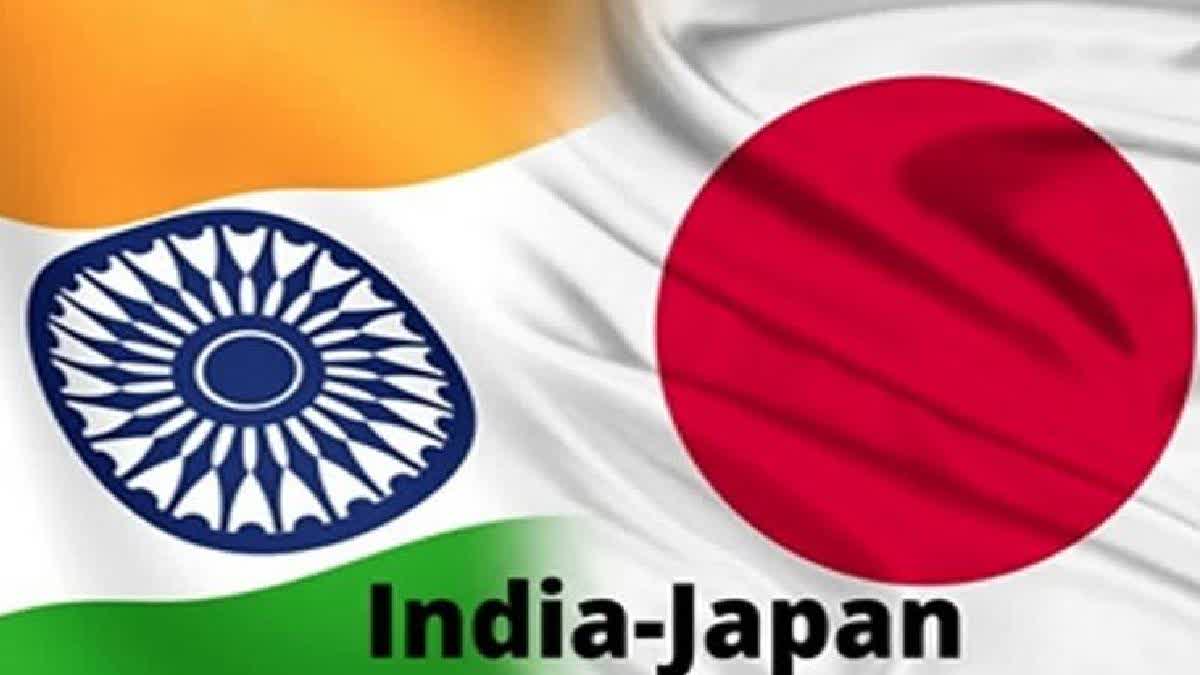New Delhi:The Northeast is a key aspect of the cooperation between New Delhi and Tokyo, External Affairs Minister S Jaishankar said when he addressed the 2nd India-Japan Forum meeting earlier this week during the course of Japanese Foreign Minister Hayashi Yoshimasha’s visit here. During his address at the Forum meeting, Hayashi referred to the organic linking cooperation between development in the northeastern region of India and efforts in the Bay of Bengal region, as well as initiatives in northeastern India.
“I think Japan has had a very powerful impact actually on manufacturing in India, on our urbanisation process, on the organisation of logistics in this country, and as Minister Hayashi pointed out, also has been a source of support in the Northeast and that's one area not just in the Northeast but beyond the Northeast to neighbouring countries,” Jaishankar said.
The India-Japan Forum was launched with the purpose of bolstering cooperation, leveraging opportunities, exchanging ideas, building mutual trust and developing a joint agenda for future cooperation between New Delhi and Tokyo. So, why is the Northeast so important in the ties between India and Japan? Two reasons: connectivity in Southeast Asia and security in the Indo-Pacific region. The Indo-Pacific region stretches from the east coast of Japan to the east coast of Africa. Both India and Japan agree that the 10-nation Association of Southeast Asian Nations (ASEAN) regional bloc has to play a central role in the peace and prosperity of the region.
India and Japan share a ‘Special Strategic and Global Partnership’. In December 2017, India and Japan established the Act East Forum, which aimed at providing a platform for India-Japan collaboration under the rubric of India’s Act East Policy and Japan’s Vision of a Free and Open Indo-Pacific. The Forum identifies specific projects for economic modernization of India’s Northeast such as those pertaining to connectivity, developmental infrastructure, industrial linkages as well as people-to-people contacts.
Under the Act East Policy, the Northeast, which shares historical and traditional bonds with the ASEAN region, is seen as the springboard for India's increasing engagements with Southeast Asia and for this New Delhi has roped in Tokyo in a big way. Japan's role in development work in the Northeast is also expected to boost connectivity between the member states of the BIMSTEC sub-regional grouping.
The Bay of Bengal Initiative for Multi-Sectoral Technical and Economic Cooperation (BIMSTEC), which came into existence in 1997, comprises seven countries lying in the littoral and adjacent areas of the Bay of Bengal – Bangladesh, Bhutan, India, Myanmar, Nepal, Sri Lanka and Thailand. Membership in the bloc allows India to engage more with the extended neighbourhood in Southeast Asia under New Delhi's Neighbourhood First Policy via northeastern India. This will also help keep in check China's growing influence in the region through Chinese President Xi Jinping's pet Belt and Road Initiative (BRI) project.
